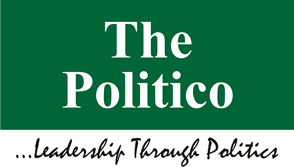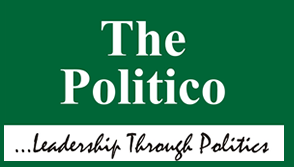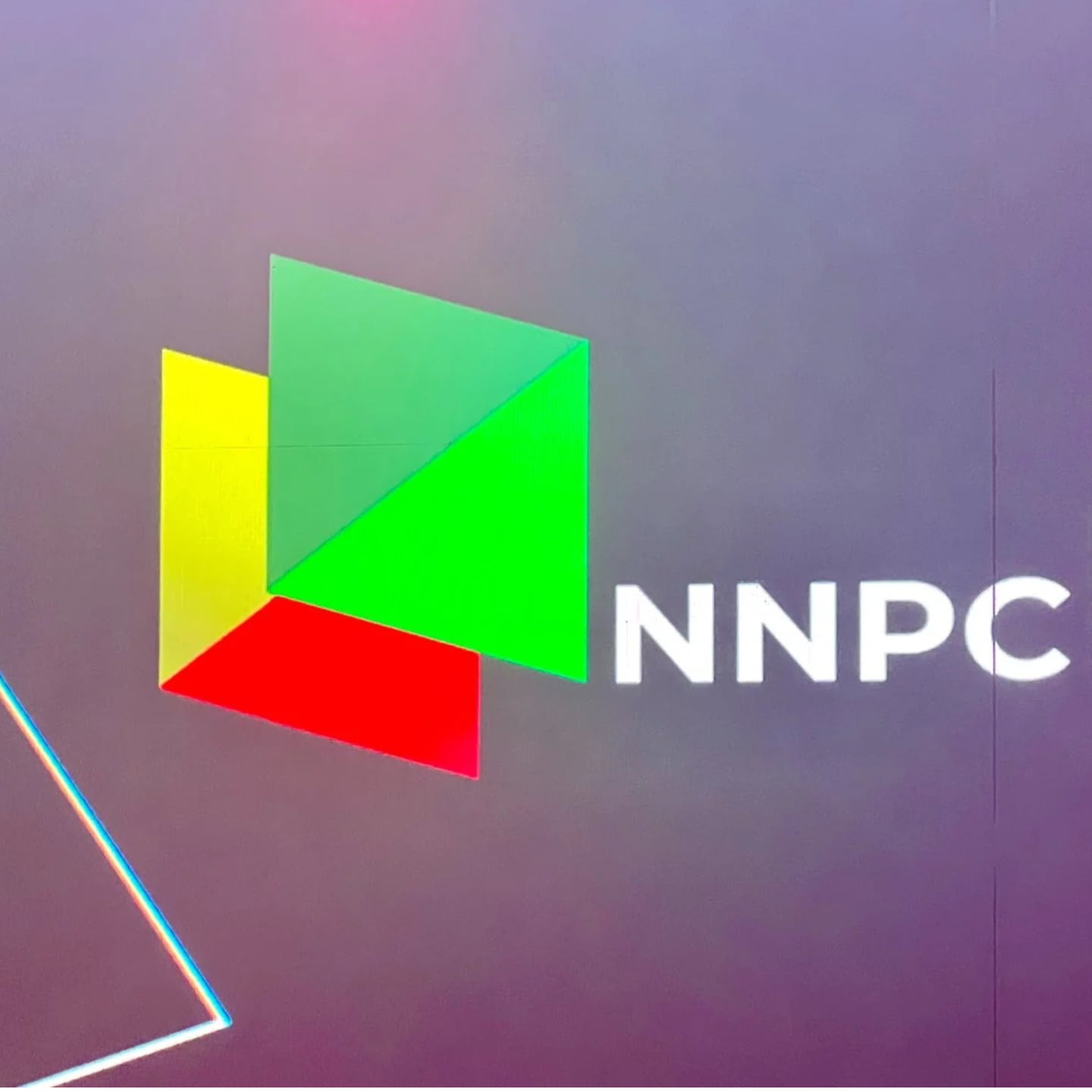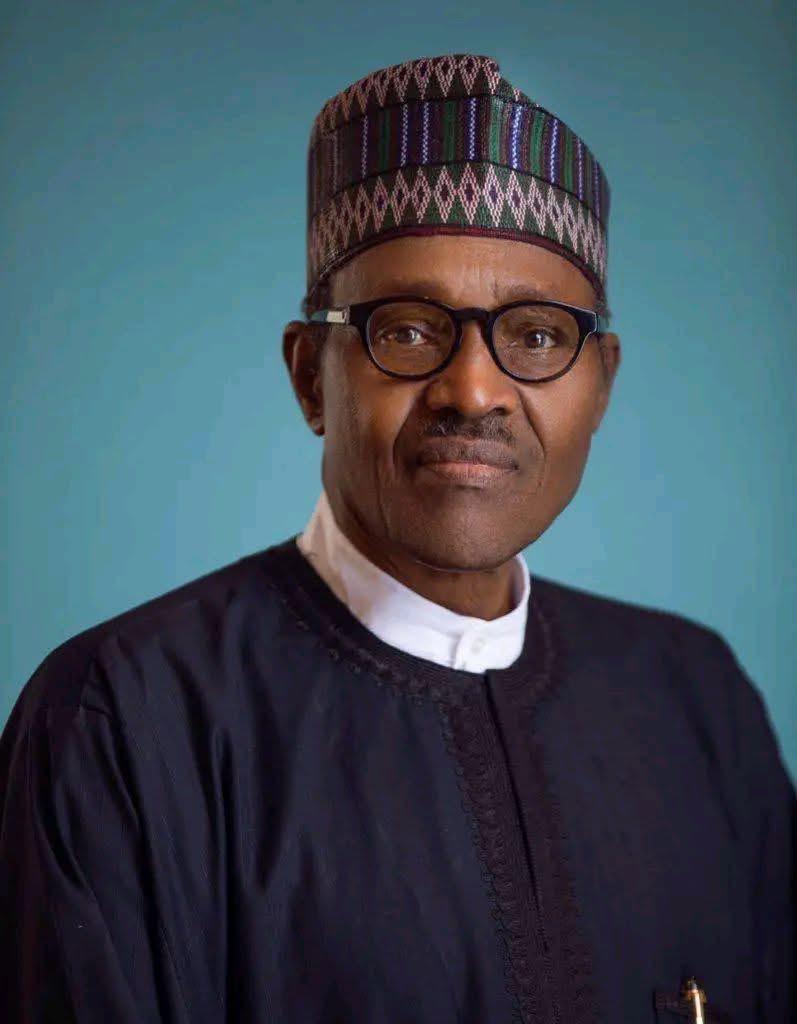The Petroleum Industry Act (PIA) represented a significant legislative breakthrough for Nigeria’s oil and gas sector, promising transparency, efficiency, and global competitiveness. However, recent moves by President Bola Tinubu, influenced by some hidden-agenda officials of the administration, to amend the PIA—particularly ceding strategic decision-making from the Nigerian National Petroleum Company Limited (NNPCL) Board to the Ministry of Finance Incorporated (MOFI)—have triggered deep concerns about the future governance and performance of the industry.
One of the cornerstones of the PIA was to establish the NNPCL as a commercially driven, autonomous entity, governed by its Board, emulating internationally successful oil companies such as Petronas, Petrobras, and Aramco. By vesting the highest strategic authority in the Board, the Act aimed to insulate management from undue political interference and align Nigeria’s oil sector with global standards of corporate governance. The proposed amendment, by transferring this authority to MOFI as the sole “bare agent” of the Federation, fundamentally undermines this autonomy. As MOFI is a government body, this change risks politicizing operational and strategic decisions, which are best driven by experienced industry professionals rather than financial bureaucrats.
The redundancy threatened for Board members, as reported by the media, demonstrates the gravity of this shift. A Board rendered powerless would strip NNPCL of its capacity to set an independent strategic direction, potentially leading to inefficiency and reduced investor confidence. In a Vanguard newspaper interview published on Sunday, Petroleum economist Wumi Iledare warned that Board members may resign in protest. If this happens, there shall be a negative impact on institutional credibility and talent retention.
The PIA was carefully crafted to define clear boundaries between regulators, administrators, and operators. The amendment’s proposal to give the NUPRC (Nigerian Upstream Petroleum Regulatory Commission) the role of government representative in all key contractual arrangements, replacing NNPCL, and to instate a joint project team between NUPRC and the NMDPRA (Nigerian Midstream and Downstream Petroleum Regulatory Authority) for integrated operations, dilutes the clarity and efficiency that the PIA intended.
By expanding the mandate of the NUPRC and removing co-equal shareholding with the Ministry of Petroleum Incorporated (MOPI), the amendment may create bureaucratic gridlock and confusion over roles. Instead of streamlining operations, these changes introduce new layers of decision-making that could slow down processes and reduce the sector’s agility in responding to market changes or operational challenges.
The shift of power to MOFI, a government-controlled entity, increases the risk of political influence over NNPCL’s operations. Modern oil companies thrive when operational and strategic decisions are insulated from shifting political priorities. Excessive state intervention can lead to short-termism, policy reversals, or decisions influenced by political expediency rather than sound commercial reasoning.
Such politicization is likely to deter both domestic and foreign investors, who value stability, transparency, and predictability. If investors perceive the NNPCL as an appendage of the government rather than a commercially viable and independently governed corporation, they may withhold capital, partnerships, or technical expertise, to the detriment of Nigeria’s oil and gas sector.
As highlighted by Iledare, in the Vanguard interview reported on Sunday, successful national oil companies—such as Petronas, Petrobras, Aramco, ADNOC, and Statoil—are governed by robust boards with autonomy to set corporate strategy and oversee management. These organizations typically maintain a clear separation between ownership (the state) and management, ensuring transparency, accountability, and efficiency. The architects of the PIA reportedly drew from such models, aiming to instill similar best practices in Nigeria. Overturning this structure without robust evidence of failure risks undoing hard-won reforms and lessons from international experience.
While legislative amendments are sometimes necessary to address emerging challenges, the current proposal to amend the PIA threatens to undo its core strengths: operational autonomy, clear governance structures, and investor confidence. Rather than consolidating power within government bodies, the PIA should be allowed to run its course, focusing on addressing underlying issues such as corruption through better enforcement, rather than structural overhaul. Only by maintaining the integrity of the PIA can Nigeria hope to realize its vision of a world-class, transparent, and efficient oil industry. President Tinubu should be wary of the officials in his administration advising him to amend the PIA. They don’t mean well for the country.





